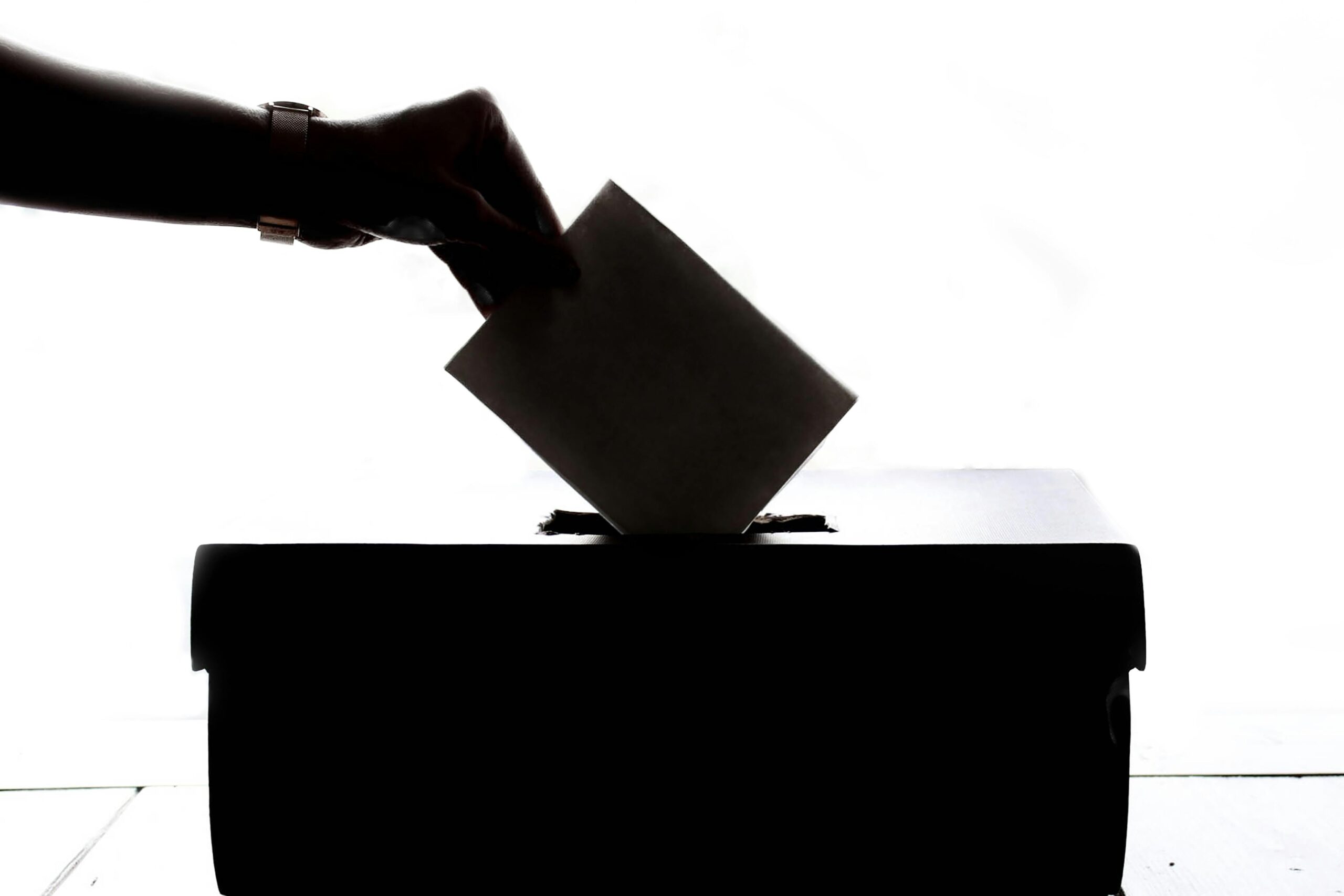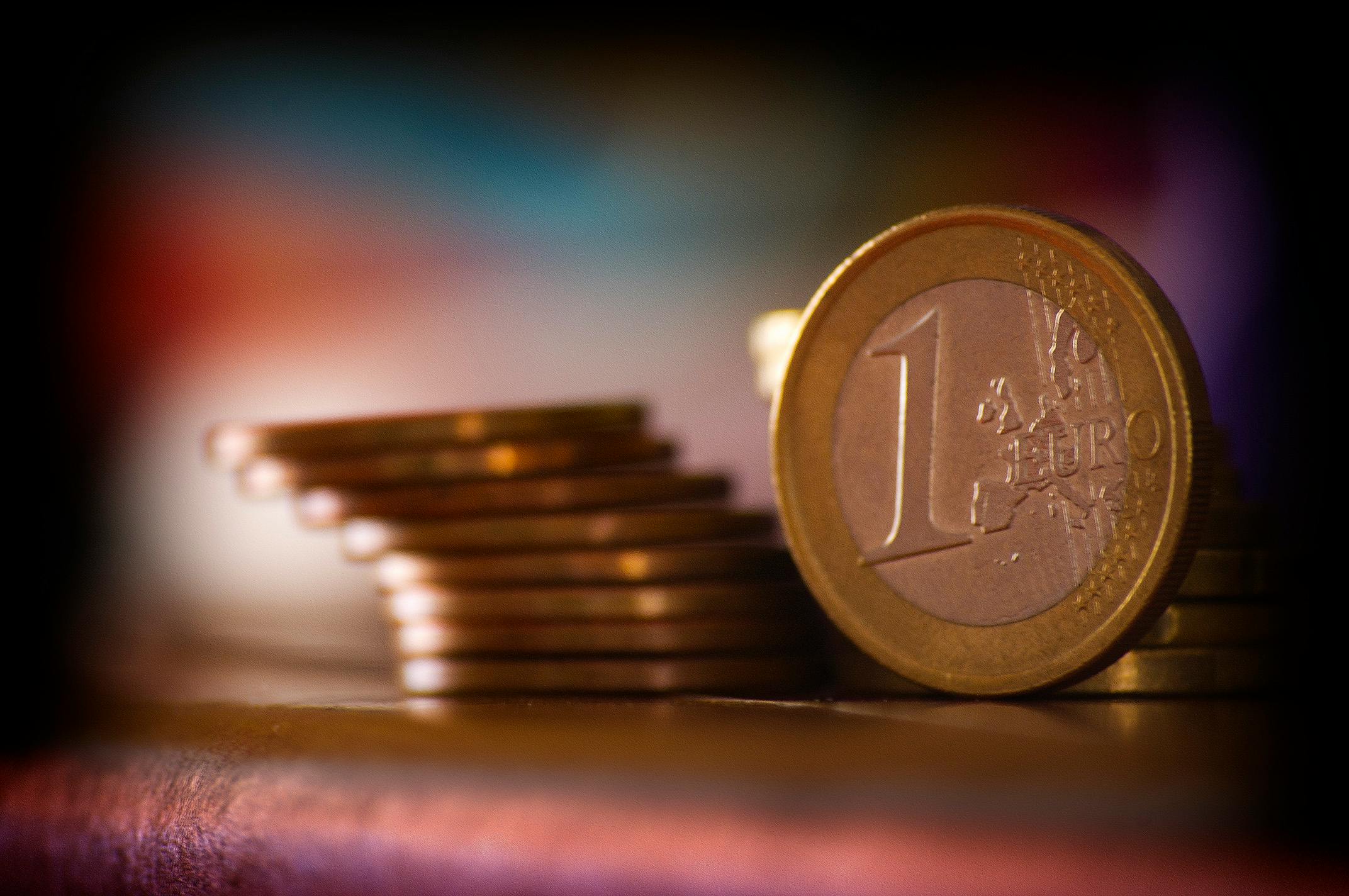On Sunday 30 June, France voted in the first round of crucial snap-parliamentary elections. Emmanuel Macron’s decision to call a snap election in two rounds, on 30 June and 7 July, proved to be a risky move, potentially handing political power to the far right. With so much at stake, voter turnout was unusually high at nearly 67%.
The outcome showed patterns similar to the outcome of the recent EU election, with polls predicting a more significant win for the far-right that did not materialize as the RN alliance’s votes were lower than expected. Financial markets reacted positively, with the EUR strengthening and the CAC 40 rising by 1.2% at the opening.
Gabriel Attar, the Prime Minister, stated that the objective now is to prevent the RN from achieving an absolute majority. The key question remains whether the customary ‘front republican’ could be achieved by centrist and united left voters.
The Far-Right
To coincide with its victory in the EU election, Marine LePen’s Rassemblement National/National Rally (RN) made significant gains in the first round of the elections. Together with its right-wing allies, the far-right Rassemblement National, they collected 33.2% of the votes. This victory is putting the RN into a position where they can start thinking about forming a government. The party is chasing an absolute majority – a total of 289 seats. However, we expect RN to win anything between 230-280 seats, leaving them short of an all-out majority.
President Macron
President Emmanuel Macron has seen his centrist coalition rank third with 22.4 % of the votes. Macron has called for a democratic alliance against the far right stating, “Faced with [the] National Rally, the time has come for a broad, clearly democratic and republican alliance for the second round”. Voters have traditionally used “le vote utile” – a tactical voting method to keep the far right out, however, this time it is likely to benefit the Left over Macron’s ensemble and many voters in the centre may prefer RN over the Popular Front (Left).
The Left
The Nouveau Front Populaire left-wing alliance (including La France Insoumise, the Socialist Party, Les Écologistes – Greens, and the French Communist Party, among others), which was only formed on 10 June, have benefited from the strong mobilisation aganst the far-right and the collapse of the presidential coalition. They found themselves in second place with 28% of the votes.
What happens next
This first round has eliminated all candidates who have failed to win 12.5% of locally registered voters. There are 577 seats in the National Assembly. For an absolute majority a party needs 289. The Macron alliance had only 250 seats in the outgoing Assembly.
The second round will be a series of run-offs fought by the three groups. Macron has stated he will not resign as President if his ensemble loses. If an absolute majority is secured by the RN, it would create a period of “cohabitation”, with Macron pledging to serve out his term until 2027. If there will not be an RN majority, it is expected that President Macron would form a caretaker, hung government.
Under the constitution it is Macron who leads the next government. In terms of the next Prime Minister, President of RN Jordan Bardella vowed not to become the next Prime Minister if National Rally do not win an absolute majority stating “I don’t want to be the President’s assistant”.
Nevertheless, the most critical step now is for RN opponents to finalize a unified strategy before Tuesday to prevent the RN from securing an absolute majority.
What a Far-Right success in France would it mean for the EU
Much of the RN’s focus has been on the cost-of-living crisis, but there are still many strict anti-immigration policies remaining. Bardella has voiced his demand for a limit of social welfare payments for immigrants and the removal of the automatic right to French citizenship for children with foreign-born parents. Talk about anti-NATO and anti-EU policies have been softened recently and the National Rally’s relationship with Putin have been quietly dropped. Leaving the EU has also not been on the party’s agenda since 2022 but they have been clear on their opposition to Brussels.
As France is EU’s second biggest economy and a key driving member, they are in a position of power within the EU. Bardella has vowed to “defend [France’s] interests” on the European stage, which highlights risk of the party pursuing to seize EU´s power and ability to implement cohesive and progressive policies, which Macron has supported. Bardella has also spoken of pushing for a review of EU trade agreements (e.g., Mercosur) which do not suit France and a prevention of further EU enlargement. He has also spoken about an aim to legislate with “national preference” for French businesses and agriculture which would be in breach of the European Single Market rules.

